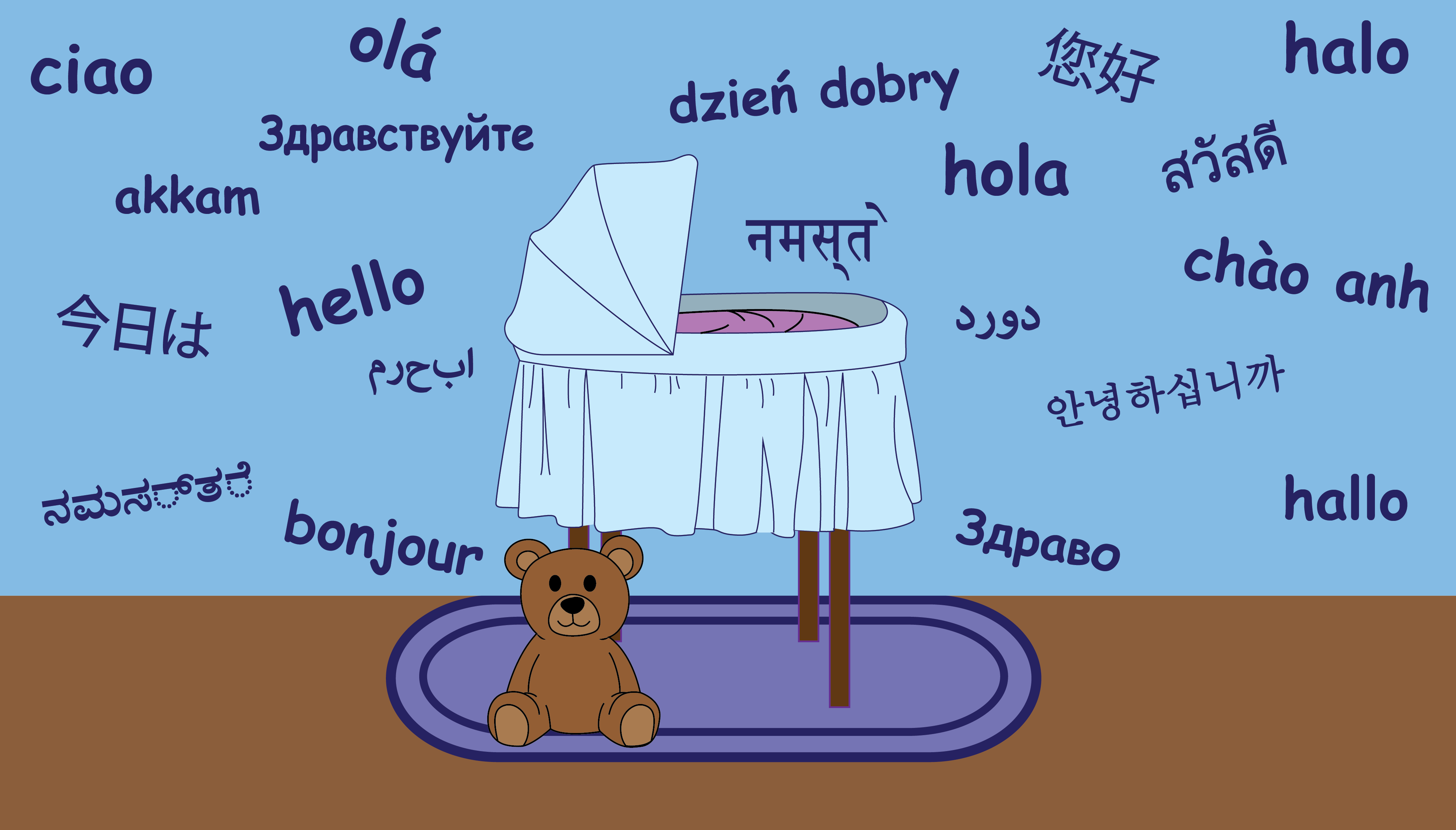“The earlier you’re exposed to a language, there are some parts of the language that are going to be easier to learn,” said Krista Byers-Heinlein, Concordia professor and Research Chair in Bilingualism.
A joint study by Concordia and Princeton universities aims at understanding how bilingual toddlers learn two languages in the context of language switching.
“Some bilingual people might switch back and forth between their languages more often, while others don’t tend to do that and we don’t have any information as of right now [whether] that is going to matter or not for development,” said Krista Byers-Heinlein, the Concordia professor working on this study.
Byers-Heinlein, associate professor in the Department of Psychology and the Concordia University Research Chair in Bilingualism, and Casey Lew-Williams, associate professor in Princeton’s Department of Psychology are in charge of the research.
Byers-Heinlein said the research is important because in Canadian cities like Montreal, Vancouver and Toronto, about 25 per cent of kids grow up in bilingual homes.
The study will be unique in several ways. They will be “following the kids longitudinally for three years to look at their development over time,” said Byers-Heinlein.
The toddlers will be wearing small digital recorders which will catch their home language environment. Through this, researchers can measure their language outcome. It will also contribute to an eye-tracking experiment that will be done periodically in their labs, which will observe word comprehension and language processing.
“With carefully designed stimuli, we can look at the earliest responses to language – [for example] how they look into different types of language sounds in each of their languages,” said Byers-Heinlein.
Byers-Heinlein said evidence shows children can only learn language on a deep level through interaction. Children must be able to interact with people in order to learn a new language, rather than just watching YouTube videos.
“The earlier you’re exposed to a language, there are some parts of the language that are going to be easier to learn,” added Byers-Heinlein.
With the partnership between Concordia and Princeton, the researchers will be able to study two bilingual communities, which is rare in most bilingual studies.They will observe the French-English bilingualism in Montreal, and the English-Spanish bilingualism in New Jersey.
Byers-Heinlein explained this creates an interesting layer in their research because in the United States, Spanish is not an official language.
Unofficial languages are usually synonymous with heritage languages, which are spoken at home or by community members only. It’s been noted those languages are at a greater risk, like Spanish in the United States, since children are generally more inclined to gravitate toward the languages their friends are speaking, and the official language of the city. They become more reluctant toward their heritage tongue. However, Byers-Heinlein explained the same cannot be said about Montreal where English and French are commonly spoken in the city and taught at school.
“We’re interested to see how those differences, as well as cultural differences, impact what’s going on in the home, and ultimately how children grow up learning their languages,” said Byers-Heinlein.
Studying different communities will also give researchers an opportunity to explore the socio-economic aspect of bilingualism. In some areas like New Jersey, bilingualism is synonymous with immigration. Oftentimes, those families come from a lower socio-economic status, said Byers-Heinlein. In Montreal, bilingualism is more common, and is not segregated in immigrant communities.
“We know that kids from lower socio-economic backgrounds, their language development tends to be a little bit behind than other kids, probably just because they’re not having the same opportunities towards interaction with their parents that are often working multiple jobs,” said Byers-Heinlein.
The researchers are currently in the planning stages of the study. Over the next couple of months they will start looking for families who are interested in participating in the research. Those who are interested in the study can learn more about it here, or sign up on the website. The team plans to keep in touch with the families every two months, and will invite them to the lab every year.
“Children can learn certain languages at a certain rate,” said Byers-Heinelin. “If you’re dividing that learning between two languages, versus a kid who is concentrating on one language, you’re going to see some differences in [learning and development]. Sometimes we might observe differences between monolinguals and bilinguals and say ‘oh wow that bilingual kid is way behind.’ Well, she’s not behind, she’s learning twice as much.”
Feature graphic by Victoria Blair
